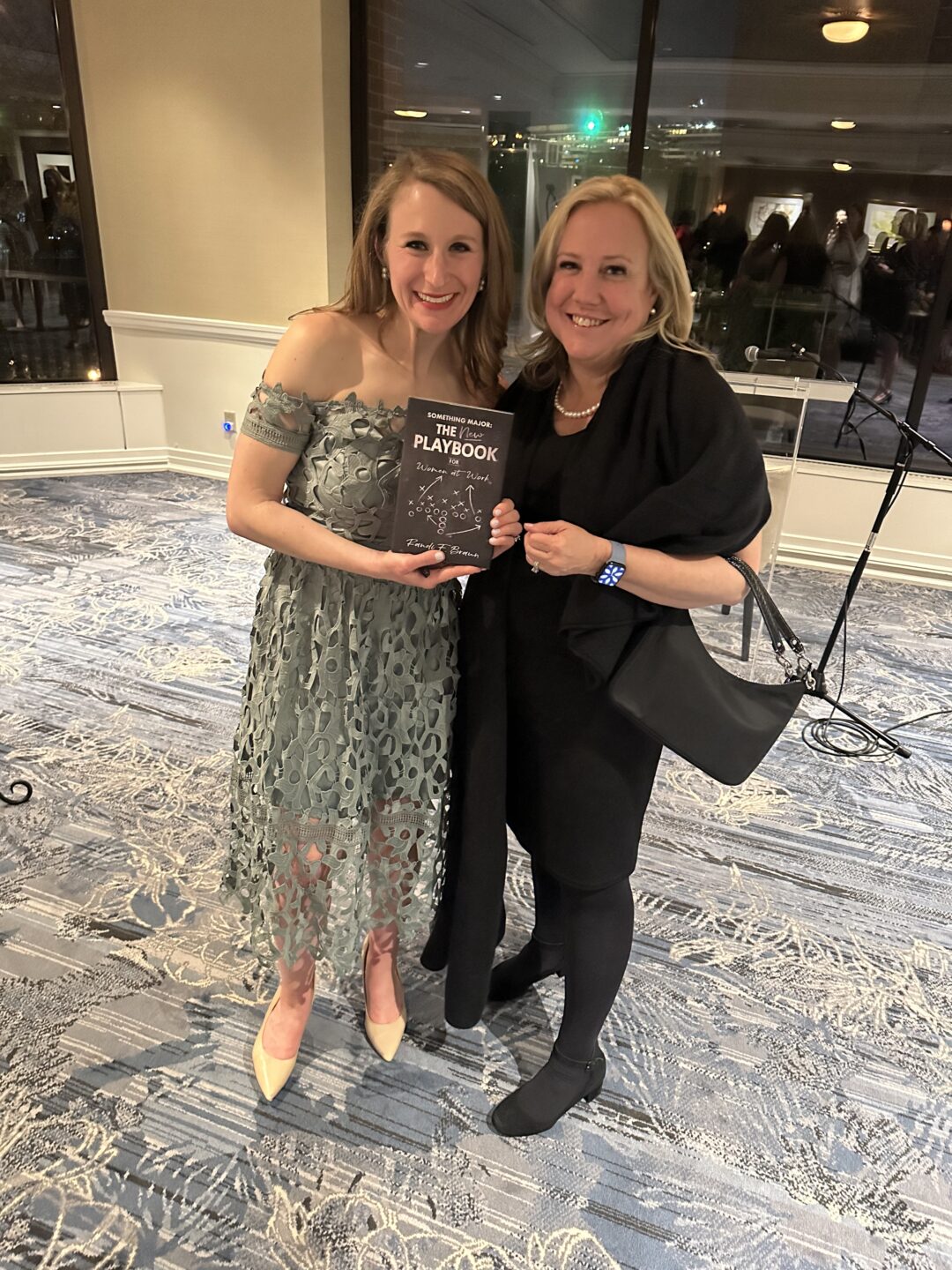In her blog, The Midpoint, Michelle Bufano writes about “the pandemic pivot.” In a time when the pandemic stole normalcy, many of us were reevaluating our lives. I’m still doing this as I process how I’ve been profoundly impacted and influenced by the women I met through a writing workshop that coincided with the start of the pandemic.
Cancer and Covid-19 brought us together through the Wildfire writing community, a forum offering writing workshops and more for women with various breast cancer diagnoses. We met through our computers every Thursday evening with various goals in mind.
I enjoyed writing throughout grade school and was an English major in college. But I had a realization before law school that I would need to put aside creativity and instead focus on logic and persuasion. It felt like a type of grief, that recognition. My then tendency to be descriptive and creative in my writing did not fit the writing mold taught in law school. That is when the reprogramming starts, and it intensifies at law firms. Of course, legal writing is not about analyzing academic theories or one’s creative introspection. It is part of a paid profession – to write persuasively, supported by law and facts, within the confines of rules and the limits of what is deemed appropriate. We write to advance client goals.
Thursday nights with the writing group were a much-needed break from the rules of legal writing that had confined my self-expression for more than twenty years. We were given a writing prompt and told to write in 15 or 30-minute sessions without editing grammar or content. It was the time to write without limits and not worry about how it would sound, who it might hurt, or what rules might be broken. We did this a few times and then spent 45 minutes with each of us sharing one piece we had written.
That liberation unlocked my creativity. It also allowed me to excavate memories, explore moments from childhood and other phases of my life, and elaborate on details. The writing prompts transported me to the smell of ammonia in the icehouse at the old family dairy farm and the musical sound of my grandmother’s voice and her favorite dramatic phrases.
There were some rules, though. Maybe not rules, but caveats and cautions. One, in particular, stands out: Glennon Doyle has encouraged writing “from the scar, not the wound.” If you are writing something to share with the public, take the personal and gritty and alchemize it to a universal telling.
We were also discouraged from critiquing each other’s work during the sharing session of the night. But Melody changed that. She was a retired English teacher and published author, mother, grandmother, wife, and former dancer. Melody was the type of person who typed into the Zoom chat detailed, insightful, positive feedback to each piece that was shared. Melody’s focus on the positive was contagious. She brought out the best in each of us. And so, each of us would provide (only) positive feedback to the shared writings.
Every week for four months, I wrote with the group. As my days during those early months of the pandemic were generally limited to the confines of my apartment and power walks through the park, the workshops were special moments beyond the writing; they were visits. We were getting to know each other through our writing and feedback. Over time, friendship and sisterhood emerged.
Later that year, six of us agreed that we were ready to move beyond the “wound” writing of the workshop sessions to the “scar” work to improve our respective writing. We created our own informal group, The Revisers. Melody offered to be our group leader. She wrote lesson plans for each Reviser session and enthusiastically bestowed her wisdom as a writing teacher on us, her pupils. It felt like I was back in a favorite high school English class – before legal writing eventually took over my daily consciousness. We kvelled over the excellent nuggets that each of us churned out and provided constructive criticism. Tears were shed over unpacked memories. We laughed a lot.
After managing to live with Stage IV (metastatic) breast cancer for many years, Melody’s cancer had recently been progressing in ways that were taking a toll on her body. Melody regularly showed up for our weekly sessions to lead and encourage us. While she did not complain, Melody eventually shared more about her health, as it was unavoidable.
When the pain and discomfort became too much for Melody, she passed the baton to Lisa to lead the Revisers sessions. Lisa was from Ontario, transplanted to New York and later Connecticut. Lisa was always upbeat, sunshine pouring into a room and an achiever of all things. She used her time with metastatic breast cancer in many intentional, impactful ways. Lisa co-founded a podcast called Our MBC Life, through which she and her team interviewed some of the top oncologists, researchers, and advocates about metastatic breast cancer. Lisa did this to forge pathways to more successful treatments and to find a cure for MBC. Like most women in the group, Lisa had a family and many commitments. And yet, Lisa chose to devote time to the Revisers.
Melody passed away in 2021. Her death was shattering. Her family and friends gathered for a remote memorial service because funerals were not yet being held in-person. Scores of her former high school students spoke to honor Melody and how she had influenced their lives. We were part of that fortunate fan club.
The Revisers took a long break. We still wanted to write and share, but Melody’s absence was profound. We eventually resumed meeting at our appointed time. Sometimes we were disciplined about doing our respective writing. Eventually, we put the writing aside. We were meeting (albeit virtually) to see each other’s faces, check in on health and life updates, and be friends.
While Lisa and I knew each other in “real life” from our cancer support group in the city, the rest of us had not met in person. Lisa insisted that we all must meet, and she invited our group to spend a weekend at her new home. In late July, our three friends located across the globe booked their flights for a weekend gathering in September.
In August, I received a call from a mutual cancer soul sister who informed me that Lisa had been in the hospital and had been sent home to transition to hospice. She might only live a matter of days. As Lisa’s family and friends were processing that shocking, tragic news, the next day, Lisa died.
I’m still not over the shock of Lisa’s death and the feeling that she has disappeared or is on a distant journey but will return soon. She was such a life force that her absence is difficult to grasp. Losing Melody was equally devastating, but the suddenness of Lisa’s death was different. Melody had the time to bring us along with her, telling us bits and pieces about her health issues, and to hint at it in her writing, in the months leading to her death. In each case, though, we didn’t have a chance to say our goodbyes.
The four of us that remain are still processing Lisa’s death and feeling two profound absences in our lives. We have not met in months and the reason goes unsaid. Perhaps the pain is too great after losing two women we cared for deeply. I’m hopeful that we will reunite, whether to write or to chat. In the meantime, I will continue to bear witness to the legacies of Melody and Lisa and write.



